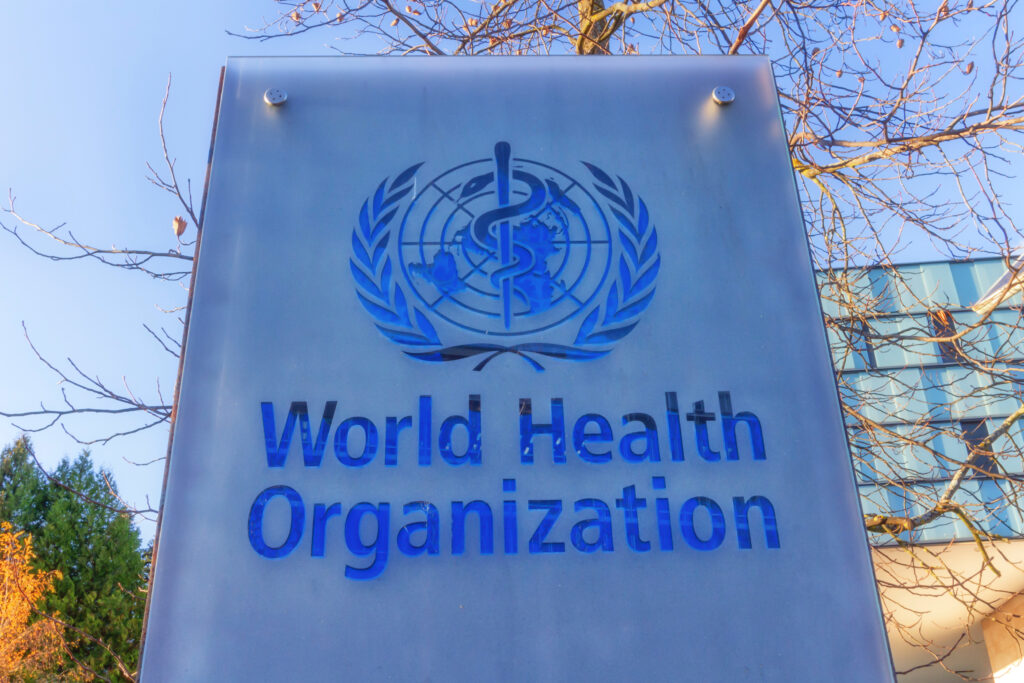The World Health Organization (WHO) has raised urgent concerns about Lebanon’s deteriorating healthcare system as a tenuous ceasefire between Israel and Hezbollah allows displaced residents to return to their war-damaged communities. WHO officials have described the country’s health needs as “huge” and growing, with the damage to infrastructure and personnel presenting significant barriers to recovery.
Since the conflict intensified in October 2023, more than 158 attacks on healthcare facilities and workers in Lebanon have been documented, resulting in 241 deaths and nearly 300 injuries. The increased violence has also displaced approximately 1.2 million people, with many health workers among those forced to flee.
WHO estimates that 10% of hospitals in Lebanon have sustained damage. Some facilities in Beirut and nearby areas may reopen within the next month if the ceasefire holds, but others face such extensive destruction that repairs could take many months. To address immediate needs, WHO is working with Lebanon’s health ministry to identify facilities that require minimal restoration and deploying mobile clinics to provide critical care for returning residents.
“The ultimate solution is not aid, but peace,” said WHO Director-General Dr. Tedros Adhanom Ghebreyesus, who also urged for a permanent ceasefire, including in Gaza, where over 44,000 Palestinians have been killed in nearly 14 months of war.
As winter approaches, WHO warns that humanitarian efforts are being severely hindered by shortages of medicine, fuel, and other essential supplies, further exacerbating the crisis. “Restarting health services in full will take time,” said Dr. Abdinasir Abubakar, WHO’s acting representative for Lebanon, “but we have a backup plan to ensure critical care reaches those most in need.”
With the ceasefire already showing signs of strain, health officials stress that sustainable peace is the only path to restoring stability in Lebanon and the region.
